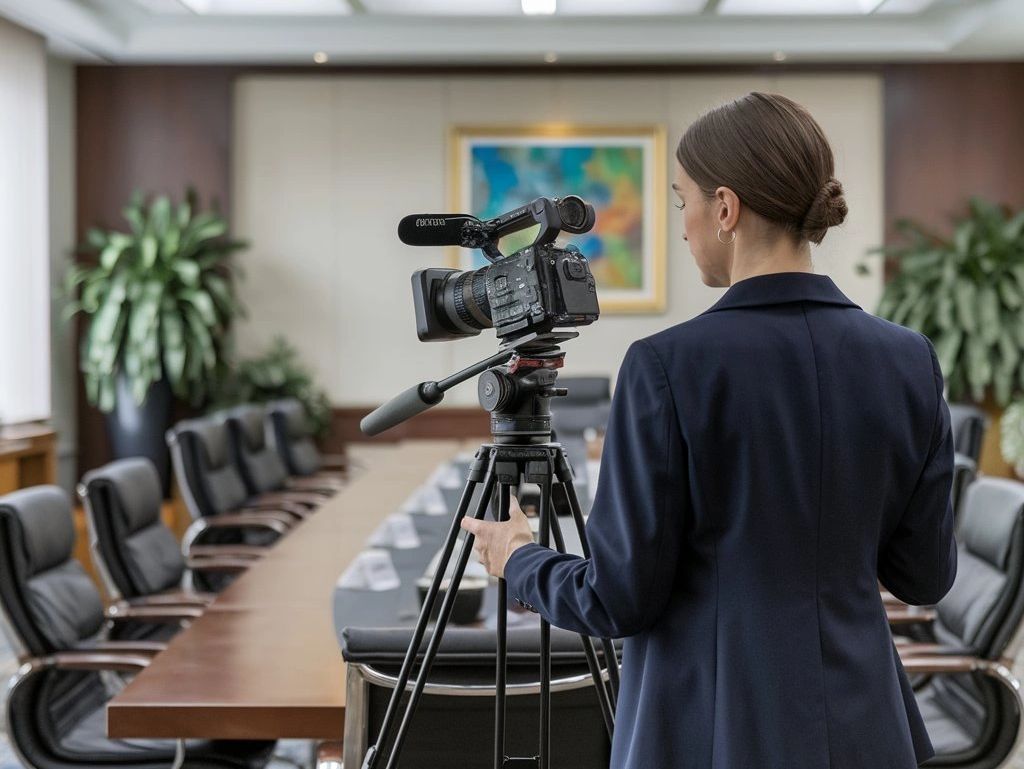a. Notice of Deposition (Rule 30(b))
• Requirement: A party desiring to take a deposition must give reasonable notice in writing to every other party involved in the litigation. The notice must state the time and place of the deposition, the deponent’s name, and the method of recording the testimony.
• Purpose: This ensures that all parties have sufficient time to prepare for the deposition and can attend or cross-examine the witness.
b. Examination and Cross-Examination (Rule 30(c))
• Requirement: The examination and cross-examination of a witness during a deposition follow the same procedure as would be used at trial under the Federal Rules of Evidence. Objections to the examination must be stated concisely and in a non-argumentative manner.
• Purpose: This provision ensures that the deposition process mirrors the courtroom experience, preserving the integrity of the testimony.
c. Recording of Deposition (Rule 30(b)(3))
• Requirement: The deposition may be recorded by audio, audiovisual, or stenographic means. The party who notices the deposition bears the cost of recording the testimony. If a party wishes to record the deposition by a method other than stenographic, they must inform the other parties in the notice.
• Purpose: This rule allows for flexibility in how depositions are recorded while ensuring transparency and fairness in the process.
d. Conduct During Depositions (Rule 30(d))
• Duration: A deposition is generally limited to one day of seven hours unless otherwise stipulated by the court or parties involved.
• Sanctions: The court may impose sanctions for any party or attorney who impedes, delays, or frustrates the fair examination of the deponent.
• Purpose: This rule is designed to prevent unnecessary delays and abusive practices during depositions, ensuring that the process is efficient and respectful.
e. Deposition by Written Questions (Rule 31)
• Requirement: Rule 31 allows for depositions by written questions instead of oral examination. The party conducting the deposition submits written questions, which are then asked by an officer present with the deponent.
• Purpose: This provides an alternative method to oral depositions, particularly useful when cost or logistics make in-person depositions difficult.



